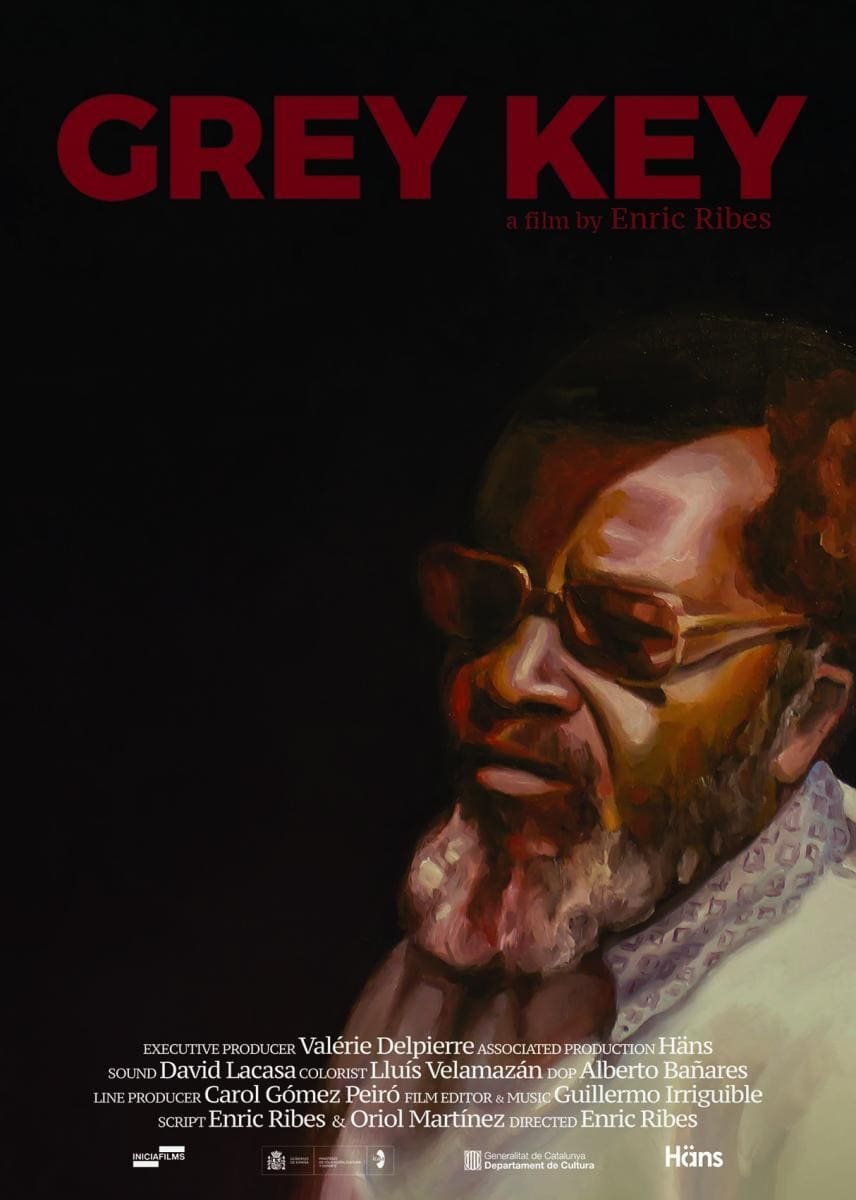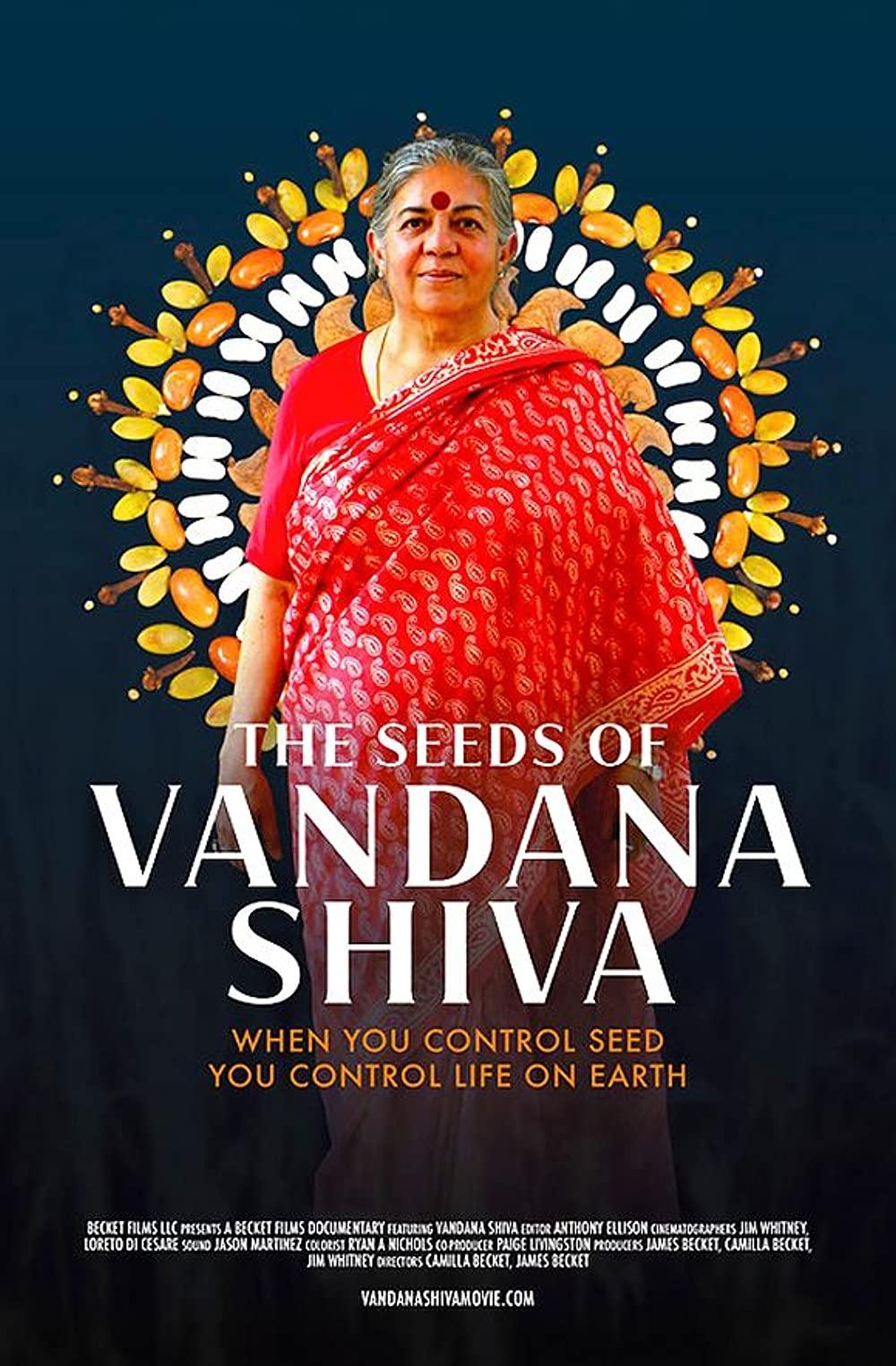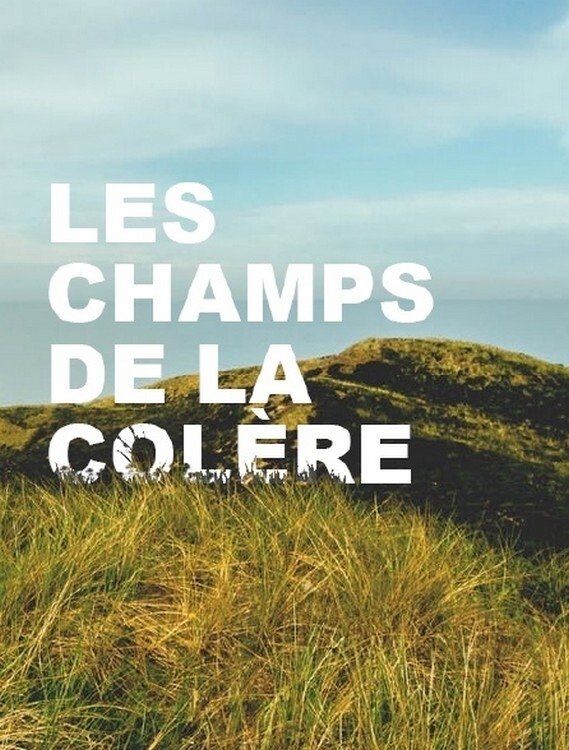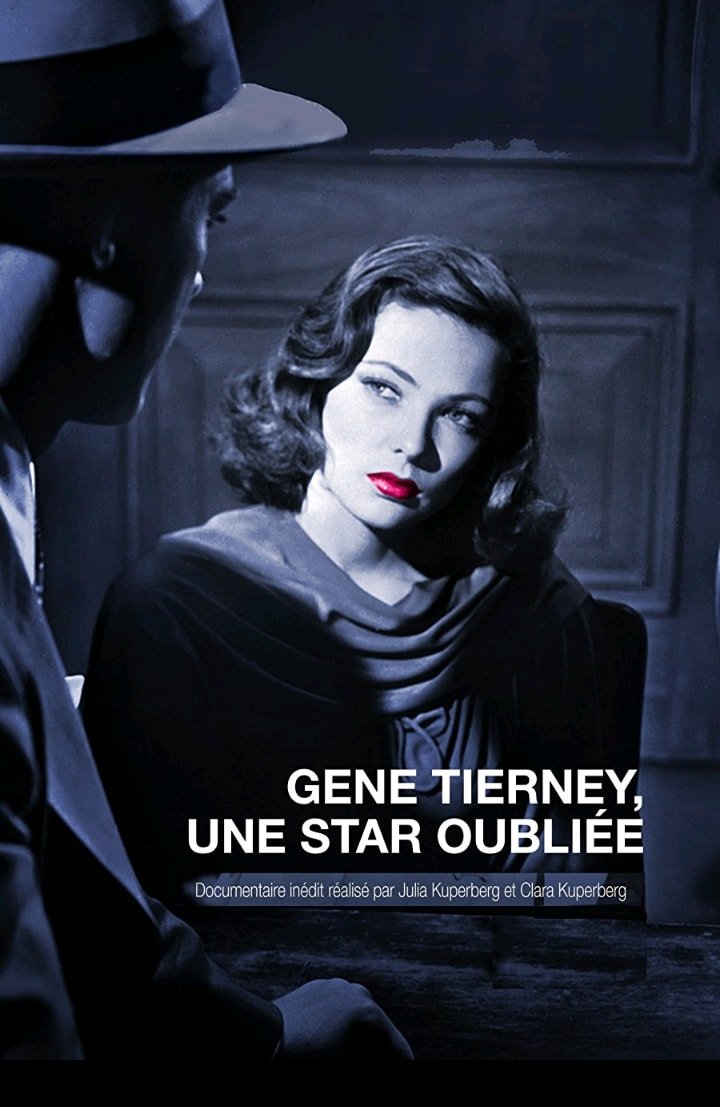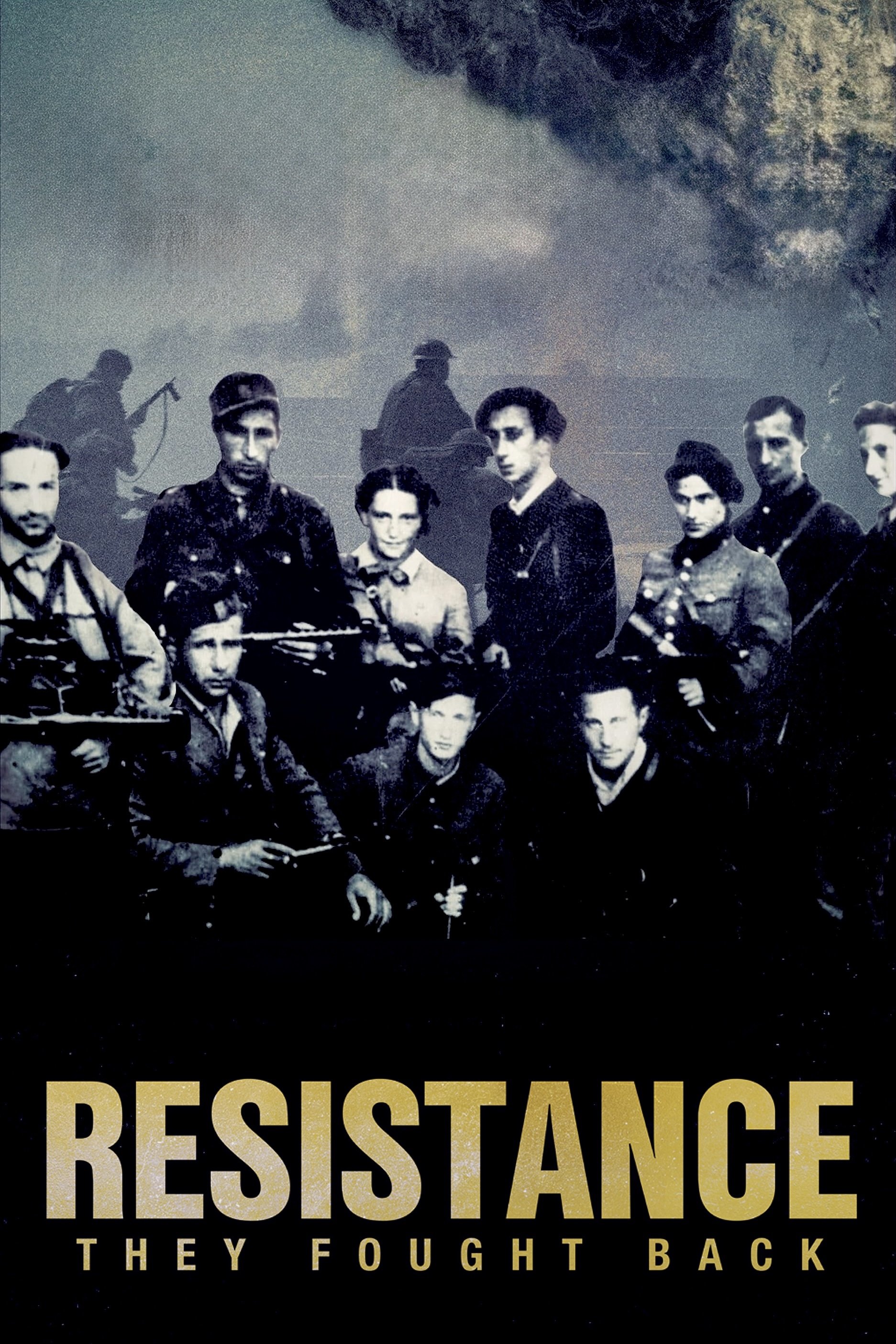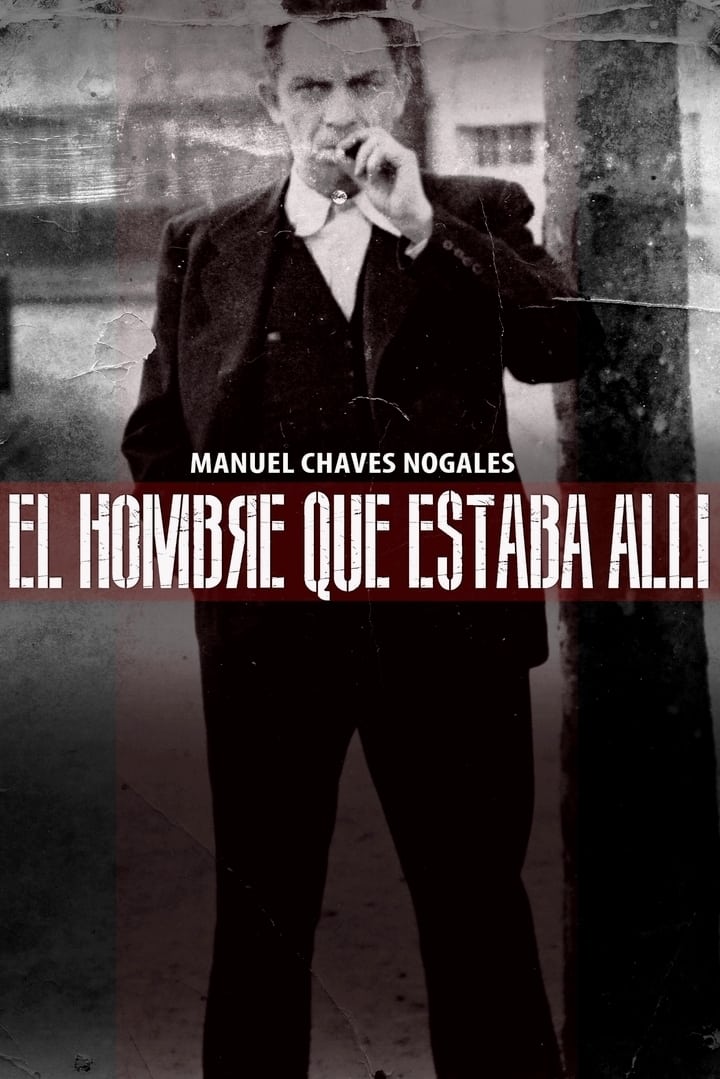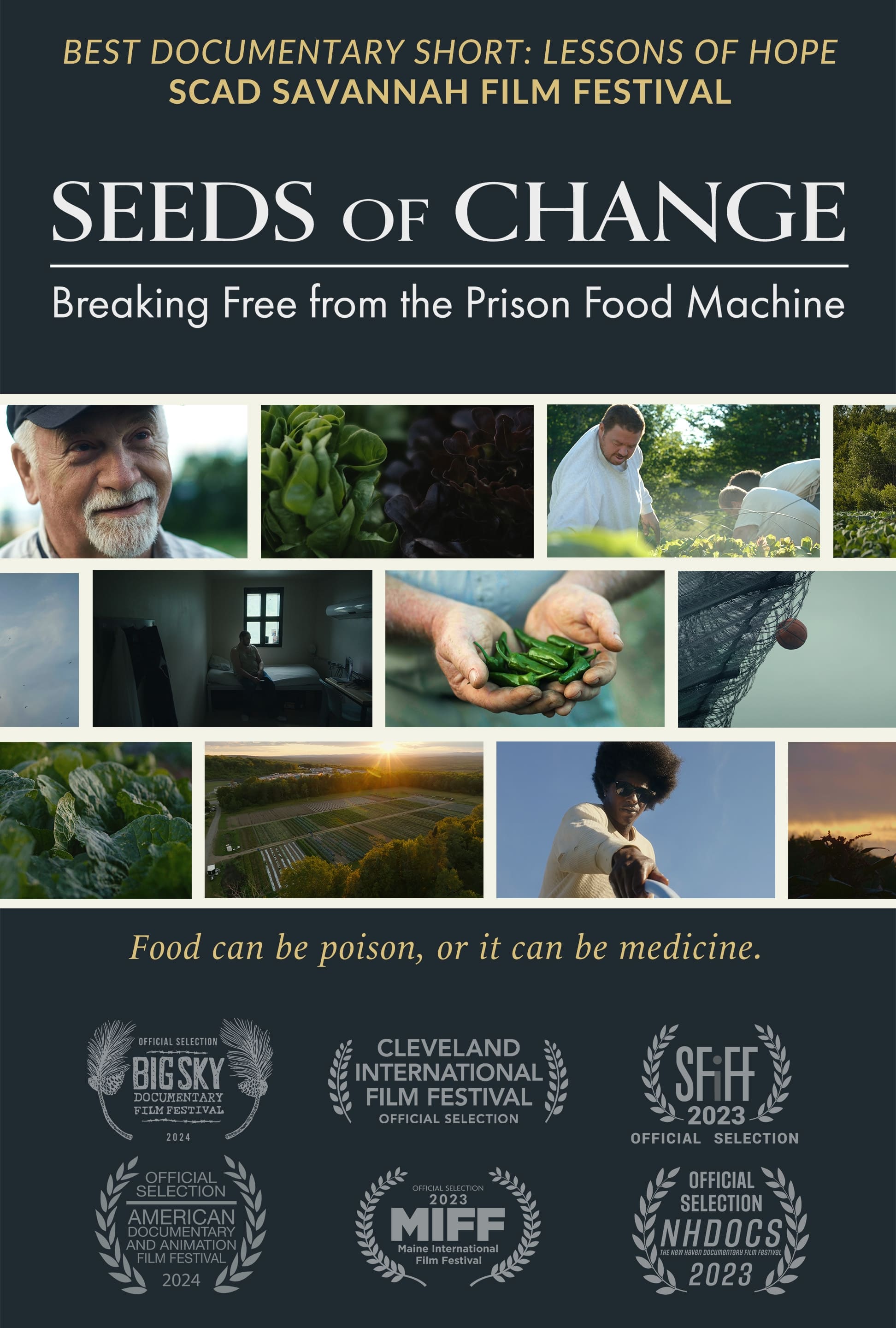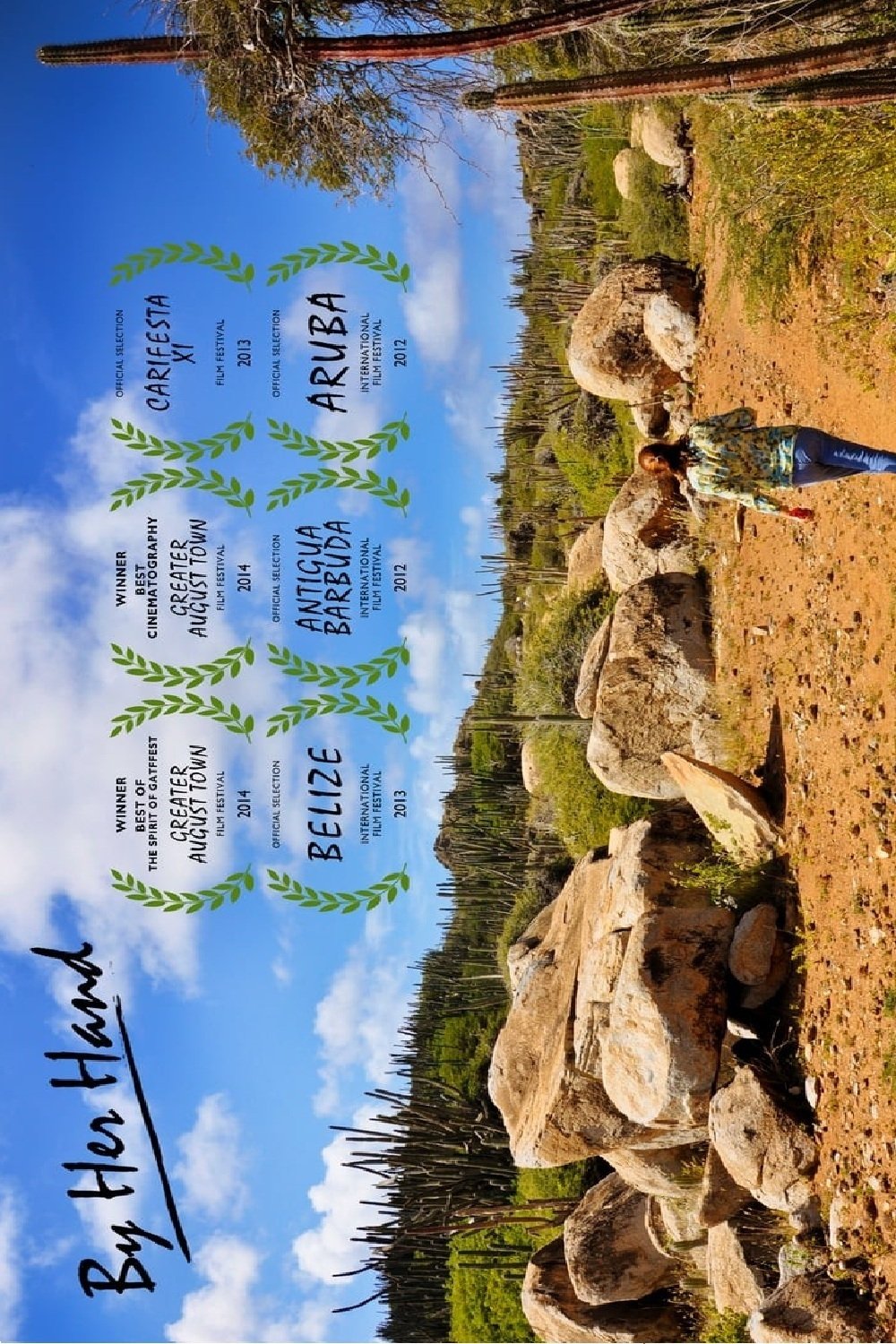Grenada 1940
Watch Movie
Share
Grenada 1940
1940
00.0(0 votes)
Documentary
Overview
The waterfront and agriculture of the Caribbean island of Grenada in the 1940's.
Links & Resources
Social & External
Similar Movies
Recommended Movies

No Recommendations Yet
We're working on finding the perfect movies for you. Check back soon!
More movies coming soon
